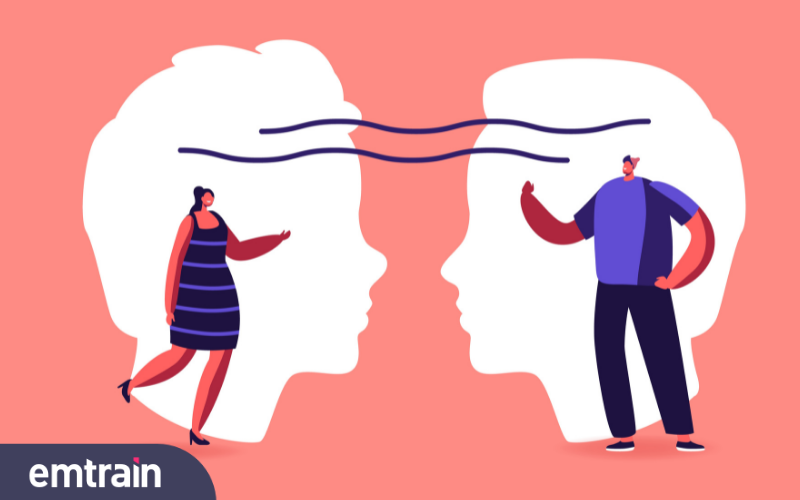In a world where diversity, equity, inclusion, and belonging (DEIB) has become center stage for social justice, examining how performance reviews are evaluated and their impact in the workplace is equally important. One of the recurring challenges in performance reviews is the presence of bias. Unconscious biases can result in subjective reviews and, as a result, unfavorably impact the evaluation of an employee’s work performance. We’ll examine why bias in performance reviews is an issue, how it negatively impacts employees, and what solutions employers can adopt to mitigate such biases.
Why Bias is a Problem
Bias is a problem because it results in negative consequences in the workplace. It limits an employee’s potential for growth and makes them feel unsupported. Moreover, this stress may lead to anxiety or depression, negatively impacting employees’ mental health. Biased evaluations disproportionately affect underrepresented groups such as women, people of color, and members of the LGBTQIA+ community. For example, studies show that women receive more critiques and less favorable reviews than men.
Additionally, men receive more actionable feedback compared to women. This is often due to unconscious bias, particularly gender bias. Similarly, Hispanics, African Americans, and other ethnic minorities receive less favorable reviews compared to their white counterparts due to ethnic bias. Therefore, addressing unconscious bias in performance evaluations is essential for equity and diversity in the workplace.
The Cost of Bias
The cost of bias goes beyond just the employees who are affected. When employers make subjective judgments, it damages their reputation as a company. For example, a company that is considered to be more biased may not attract diverse talent and may ultimately lose out on potential candidates and revenue. Potential employees want to work for an organization that values them for their work and where they believe they will be treated fairly. Besides missing out on potential talent, biased companies have lower employee engagement and productivity, resulting in a decrease in revenue over time.
Ways to Mitigate Bias
Training on diversity, inclusion, and equity is an excellent start for HR teams and leaders. These trainings can be mandatory to ensure everyone in a leadership position receives the resources and training needed to recognize their implicit biases. Additionally, using structured performance evaluation tools can reduce bias since the process focuses more on the job’s requirements than the person. Furthermore, taking a more qualitative approach to evaluations and eliminating ratings can improve the employee experience since employees receive more personalized feedback and feel less limited by a number of scores.
Teach the Skill of Mitigating Bias
While we highly encourage training on DEI, the content of your training program needs to take a skills-based approach to learning. A skills-based approach develops your employee’s skills in inclusion, respect, ethics, and mitigating bias. Emtrain has developed a 16-factor culture skills matrix to help proactively manage interactions between employees and managers, including performance evaluations and providing verbal feedback.
Recently, we developed a series of microlessons to help mitigate bias in the flow of work. From performance assessments to hiring processes, HR and DEI leaders can use these microlessons to advance employee skills in mitigating bias.
Preview the following microlessons to help mitigate bias during performance assessments:
- How Stereotypes Impact Performance Assessments: https://emtrain.com/microlessons/racial-stereotypes/
- How Stereotypes Impact Advancement Opportunities: https://emtrain.com/microlessons/tightrope-bias/
- How to Address Prove It Again Bias: https://emtrain.com/microlessons/tightrope-bias/
- How Bias Against Mother’s Impact Career Advancement: https://emtrain.com/microlessons/maternal-wall-bias-motherhood-penalty/
When it comes to performance evaluations, companies must move beyond current biases and create opportunities to uplift, support and improve their employees’ experiences. Mitigating bias should not only be a workplace objective but a moral responsibility. It’s about creating a space where members of underrepresented groups feel comfortable voicing their opinions and where different perspectives are welcome. Employers building an equitable culture will attract and retain diverse talent, ultimately enhancing their company’s reputation and bottom line. When companies prioritize diversity and actively work towards mitigating bias, they’ll earn respect and admiration from both their employees and customers.








